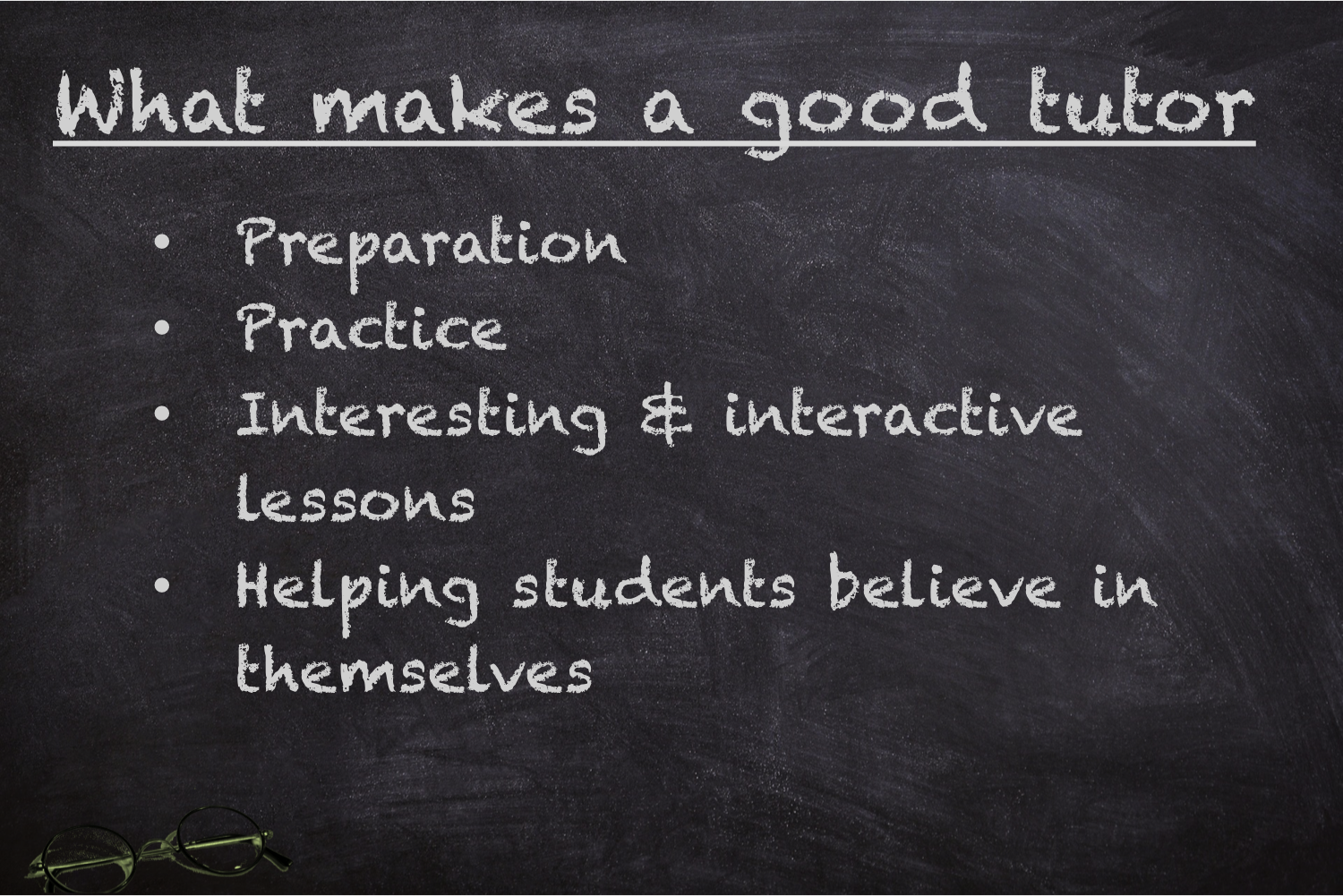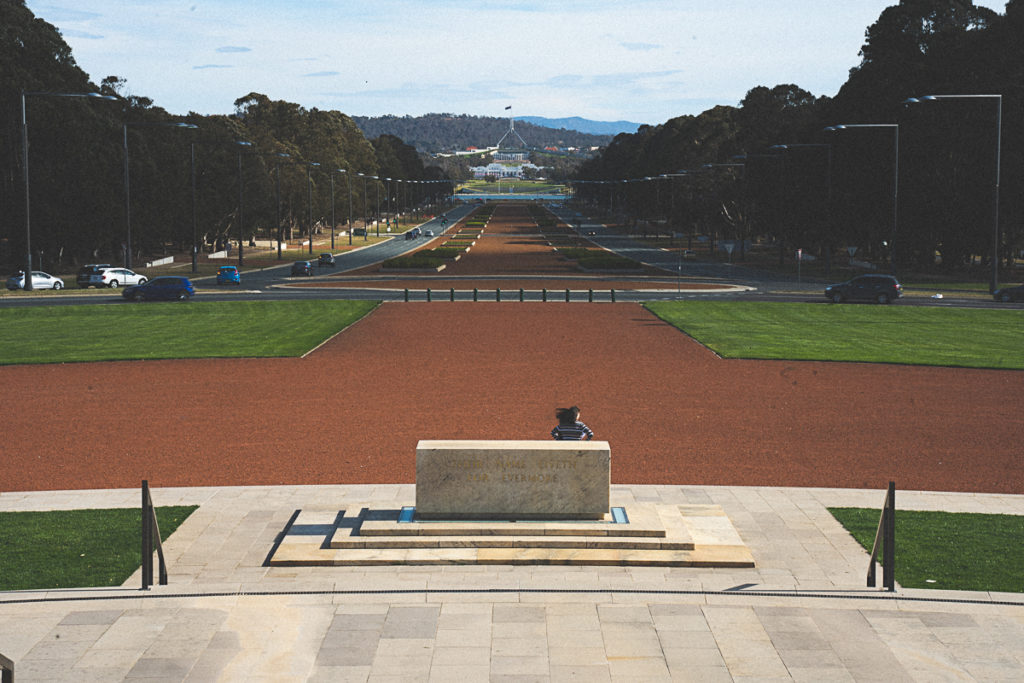Tutoring is a fantastic part-time job for international students. But how can students become tutors, and why is it such good work experience? We spoke to Ollie Crush, creator of online tutoring marketplace Tutorly (and experienced tutor himself) and gained some insight into how the business works.
The benefits of tutoring
It goes without saying that tutoring looks great on your resume and increases your employability.
But tutoring also brings broader rewards. Ollie says, “If you have a passion for learning and helping others, it’s far more interesting than a café or retail job. Plus it can introduce you to life in the local community outside your university.”
Ollie also points out that the flexible hours make it a great part-time job option for busy students.
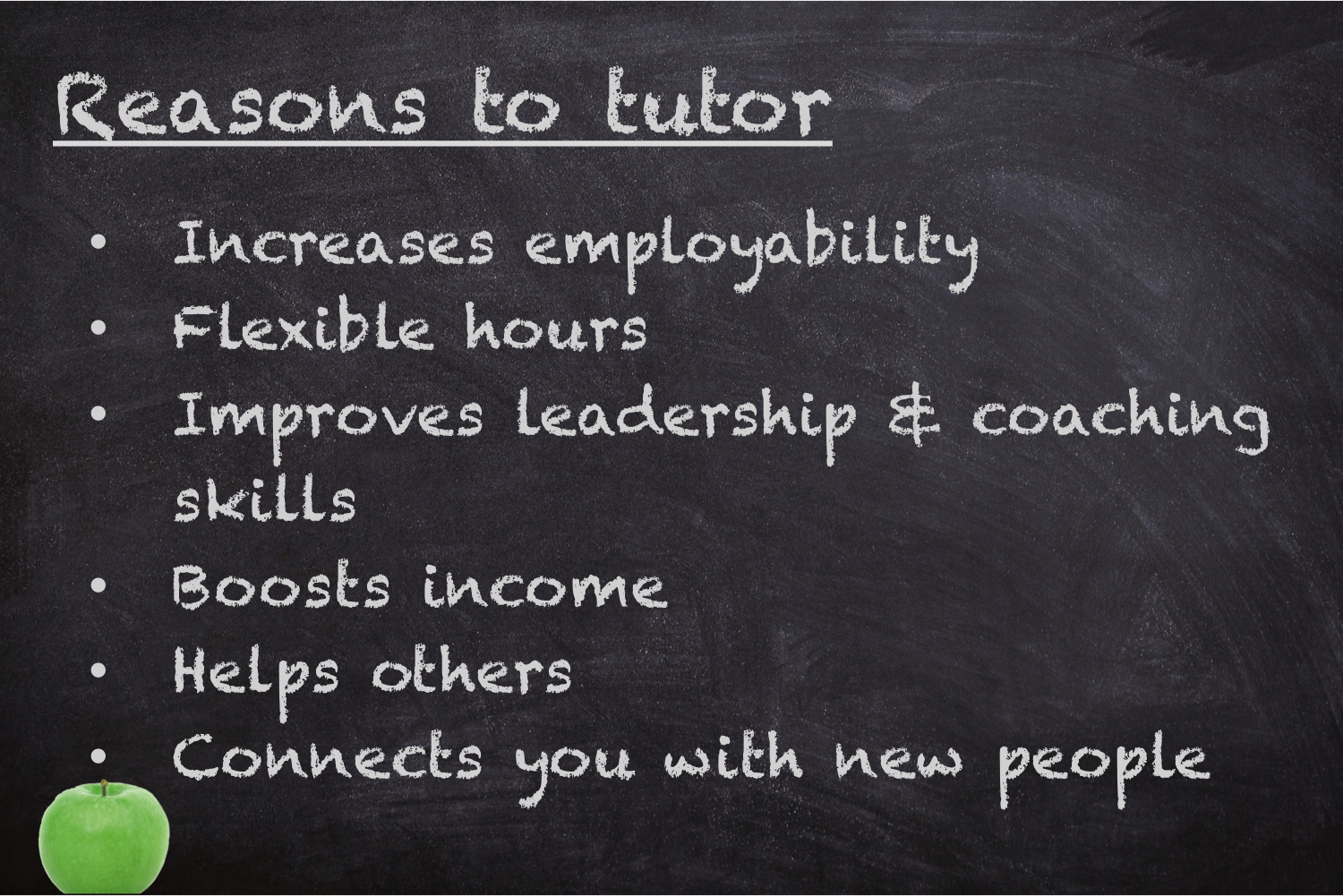
How do you become a tutor?
A good place to start is by searching for job openings on your university and faculties’ job-boards.
You can also do your own marketing and find clients by putting up fliers or advertisements on social media. However, this doesn’t always get the best results.
Another way to tutor is by going through a tutoring agency or listing yourself with an online marketplace like Tutorly. Ollie explains that Tutorly, which lists tutors in Melbourne, “acts as a marketplace to connect parents and students with local tutors.” Payments for your services are handled through Tutorly’s system (through PayPal) and users can also collect ratings and reviews to help them build their reputation.
Whatever you choose – make sure you check any terms and conditions and that you’re happy with how much you’ll be getting paid for your work.
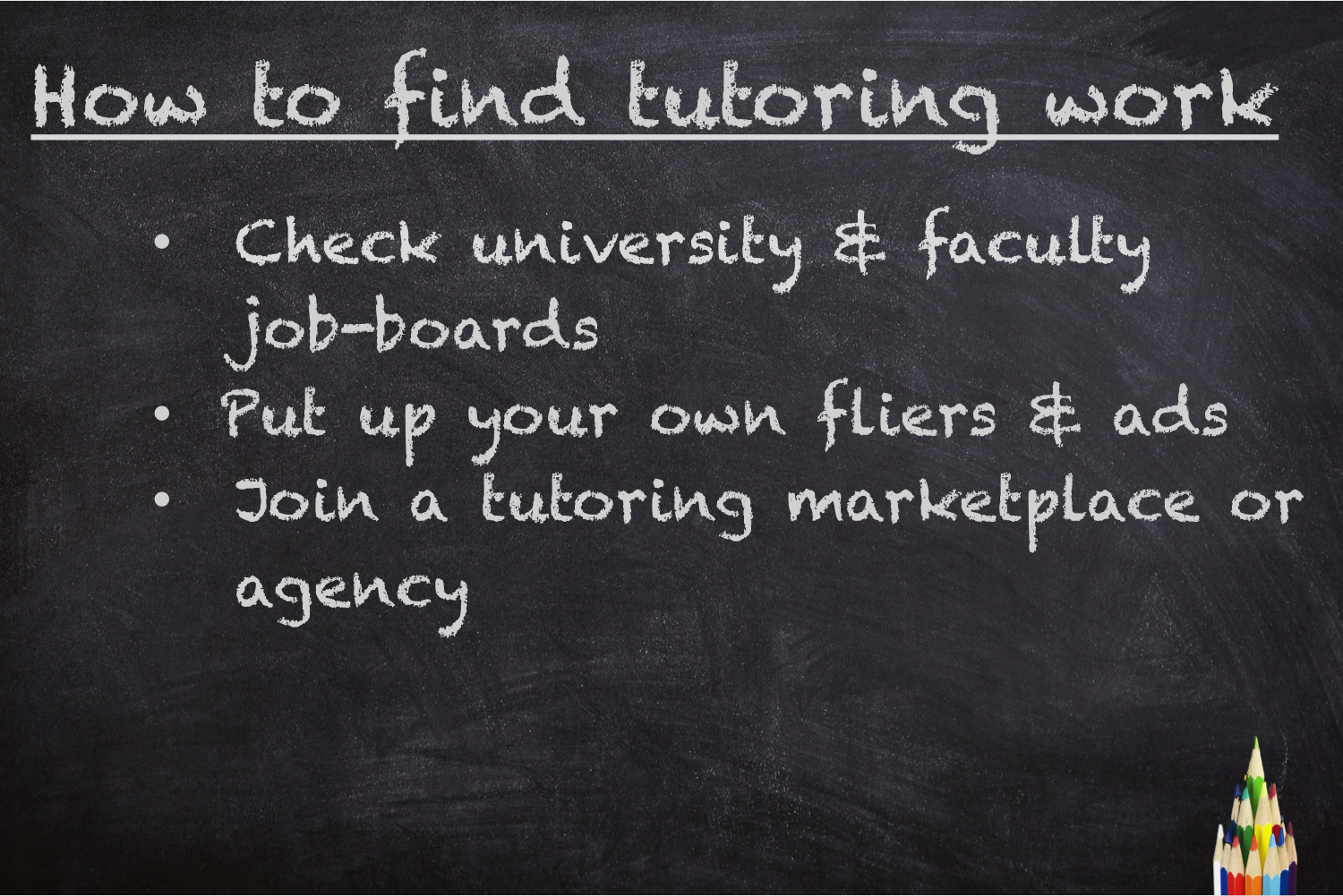
What are the steps to becoming a tutor?
First, you’ll need to identify your specialty. Some things to consider are; your education and work experiences, things that you enjoy and have done well in and of course, the subjects that are in demand.
Ollie recommends sticking to your strengths and having a good understanding how the subject is taught in Australia.
“The concepts learned in popular subjects like Maths, English and Chemistry are generally the same no matter what country …but the curriculum in each Australian state is different,” he says. So it’s important that tutors find out what the local high school curriculum and course hurdles are for the subject they want to teach. Ollie recommends borrowing course textbooks from a local library or downloading old exam papers so that you can decide if you’re ready to teach the subject.
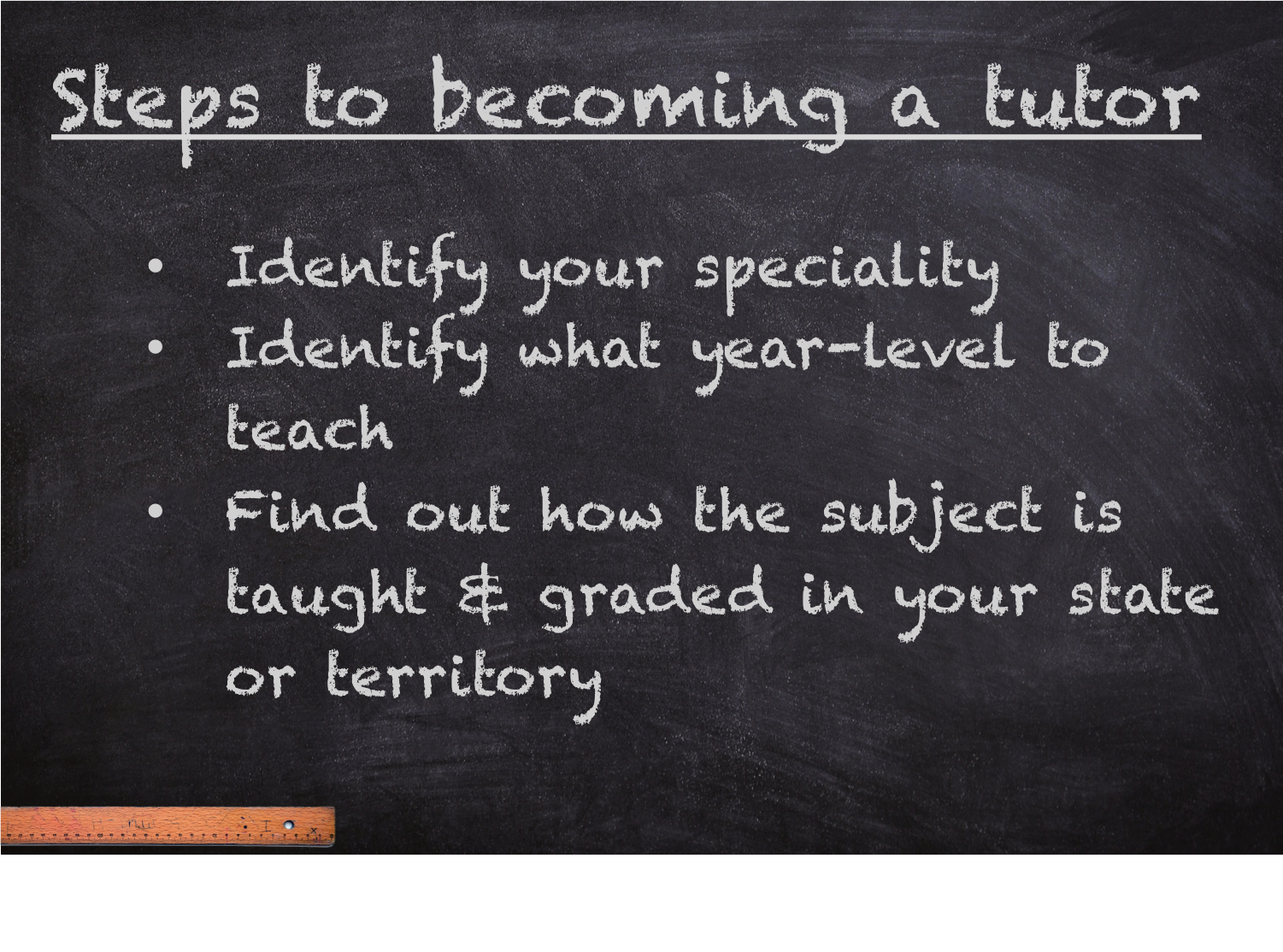 What makes a good tutor?
What makes a good tutor?
“Tutors are not just teachers – they’re also important mentors to students”, says Ollie.
“A good tutor is able to motivate a student, and show them what they’re capable of. You don’t need to know all the answers (you can always say that you’ll find out for next time!), but you do need to be able to get a student engaged – introducing some real-world examples that you know of is a good way to spark the interest of a student in a subject.”
